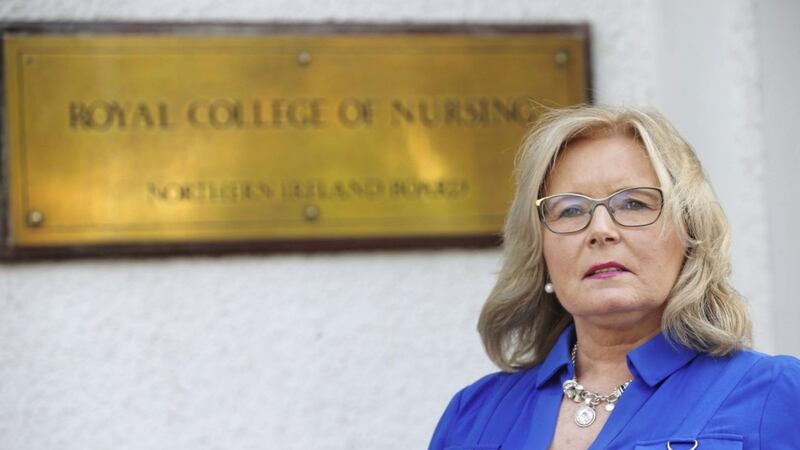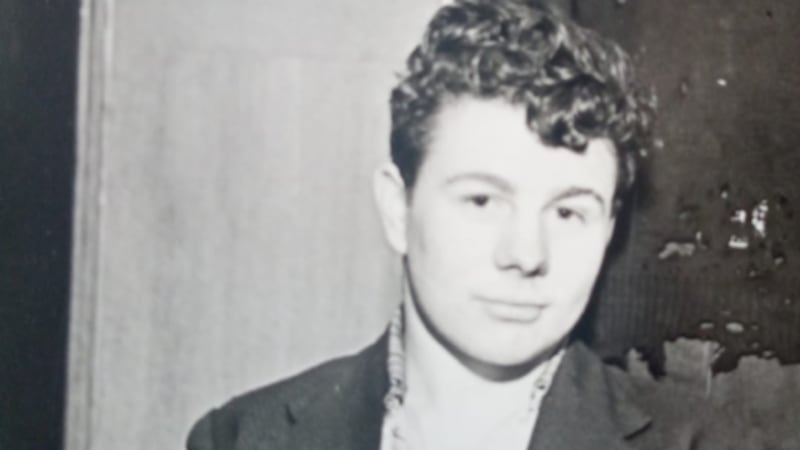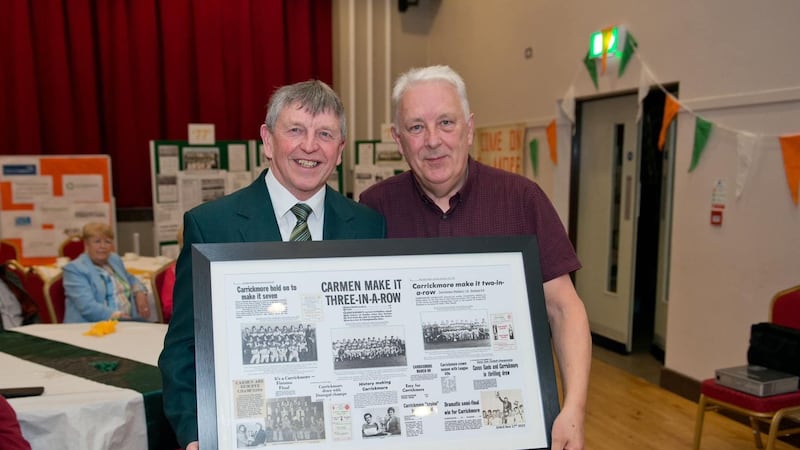THE Department of Health in Northern Ireland is to hold "further detailed discussions" with the Royal College of Nursing (RCN) after its members voted to strike over a staffing crisis and pay.
Around 96 per cent of members voted to take industrial action, while 92 per cent voted in favour of strike action.
More than 8,000 RCN members took part in the vote and the response rate was 43 per cent.
The RCN UK Council will meet early next week to approve plans to take forward industrial action, including strike action, across the health service in Northern Ireland.
It is the first time members of the RCN have voted to strike in its 103-year history.
Analysis: Chances of averting strike action are looking increasingly slim
Pat Cullen, RCN Northern Ireland director, said nurses had "spoken clearly and collectively on behalf of patients and the people of Northern Ireland".
"Nurses are no longer willing to see patients being denied the health care services to which they are entitled," she said.
"The 3,000 nursing vacancies that currently exist within the HSC (health and social care board) are having a detrimental impact upon patient care and adding enormous pressure to the existing nursing workforce, who are doing everything they can to care for patients".
She added: "Nurses’ pay in Northern Ireland has fallen significantly behind the rest of the UK.
"Not only is this completely unfair but it sends a strong message to nurses that they are not valued or respected by decision-makers and employers. If we continue to treat nurses in this way, the health and social care system in Northern Ireland will move rapidly from crisis to collapse."
A spokesman for the Department of Health said it would be "holding further detailed discussions with the RCN and other trade unions."
"We fully accept that staff in health and social care feel deeply frustrated," he said.
"With a NI public sector pay policy now in place for 2019-2020, we plan to table a formal pay offer as soon as possible."
Sinn Féin deputy leader Michelle O’Neill said she had spoken to the RCN and pledged the party's "support for the workers’ efforts to improve safety and their pay and working conditions".
"The incoming British government should reverse its disastrous austerity cuts which have brought our health service to the brink," she said.
SDLP health spokesman Mark H Durkan said: "This historic strike action proves we are living through arguably the worst crisis our health service has ever faced.
"Our nurses deserve better. The SDLP wholeheartedly support them in this difficult but necessary action," he said.
Ulster Unionist health spokesman Roy Beggs said the decision to vote was "momentous".
"Under any normal circumstances this would present a major crisis for a health minister, but in the absence of a local executive this once again illustrates just how badly staff and patients are being failed by the ongoing impasse at Stormont," he said.








